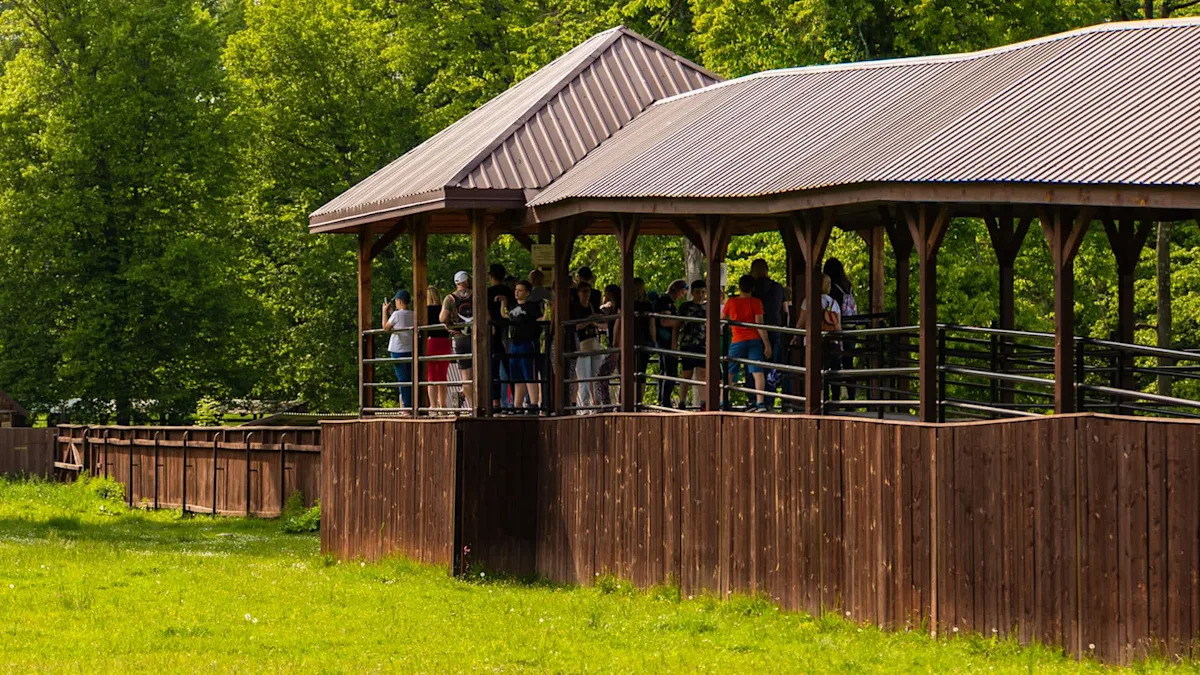Researchers in the Czech Republic are celebrating the birth of four rare Barbary lion cubs — three females and one male — marking a significant boost for a subspecies that has been extinct in the wild since the mid-1960s.
The cubs, born in January at Dvůr Králové Safari Park, are part of an international breeding program aimed at preserving the species’ genetic line. According to the Associated Press, the cubs will soon be transferred to partner zoos abroad to strengthen coordinated conservation efforts worldwide.
Barbary lions once roamed freely in northern Africa, including in the famed Atlas Mountains. But the species was almost entirely wiped out by humans by the mid-1960s. Their decline began in Roman times, with many Barbary lions killed by gladiators for sport. In later history, the species was victim to overhunting and habitat loss.
The last known photo of a wild Barbary lion was taken in 1925, a now-famous image often referenced in wildlife photography. Conservationists believe the last small wild population went extinct in the mid-1960s. Today, fewer than 200 Barbary lions are estimated to live in captivity, according to the AP.
The International Union for Conservation of Nature, however, clarifies that the Barbary lions in zoos today are considered “partly descendants of the Barbary lion, but not full-blood Barbary lions.” For that reason, the IUCN considers the subspecies extinct both in the wild and in captivity.
Even so, decades of conservation work have sparked new hope for the Barbary lion. Experts are now exploring the possibility of reintroducing the species to a national park in the Atlas Mountains, with preliminary discussions expected later this year or in early 2026, per the AP.
Still, conservationists caution that these potential reintroduction plans are a distant goal, with many logistical and environmental challenges to address first. Given that the species hasn’t been present in the mountain region for so long, experts would first have to ensure protection, sufficient prey, and gain cooperation and approval from local communities.
“It’s important to have such a vision for any animal,” Dvůr Králové Safari Park deputy director Jaroslav Hyjánek told the AP. “Without it, the existence of zoos wouldn’t make sense.”
Join our free newsletter for good news and useful tips, and don’t miss this cool list of easy ways to help yourself while helping the planet.

